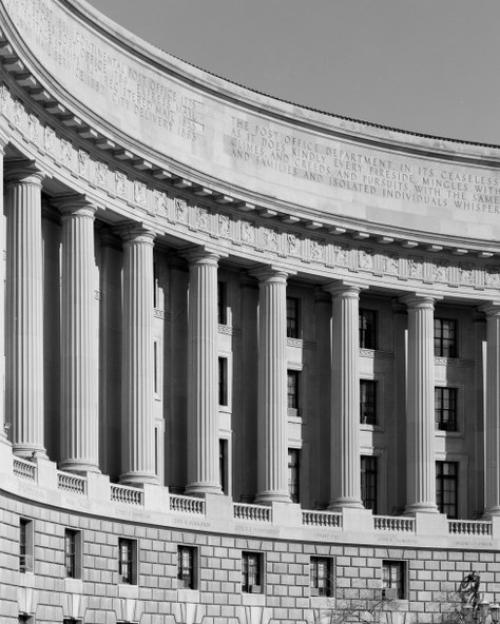In a new federal court filing, the Internal Revenue Service says churches may endorse political candidates during services without risking their tax-exempt status, likening such endorsements to a “family discussion” and signaling a major shift in its interpretation of the Johnson Amendment.
Landon Schnabel, an associate professor of sociology in the College of Arts & Sciences who studies religion and social change, argues that tax exemptions exist for organizations serving the public good, not for private club discussions among insiders.
Schnabel says:
“The IRS's proposed interpretation raises questions that could simply be intriguing thought experiments if not so consequential. If religious endorsements are truly ‘family discussions,’ as the agency suggests in its court filing, should they qualify for tax-exempt status? When families discuss politics over dinner, they don't write off the meal as a charitable deduction.
“The filing treats pastoral endorsements as private conversations while preserving public tax benefits. Picture a pastor telling 500 congregants how to vote, livestreamed to thousands more, then claiming it's equivalent to a chat around the kitchen table. If these endorsements are truly private conversations benefiting only members, why should taxpayers subsidize them?
“The proposal could set significant precedent, but the Johnson Amendment was rarely enforced against churches anyway—perhaps this simply puts in writing what many suspected: some institutions operate by different rules.”




